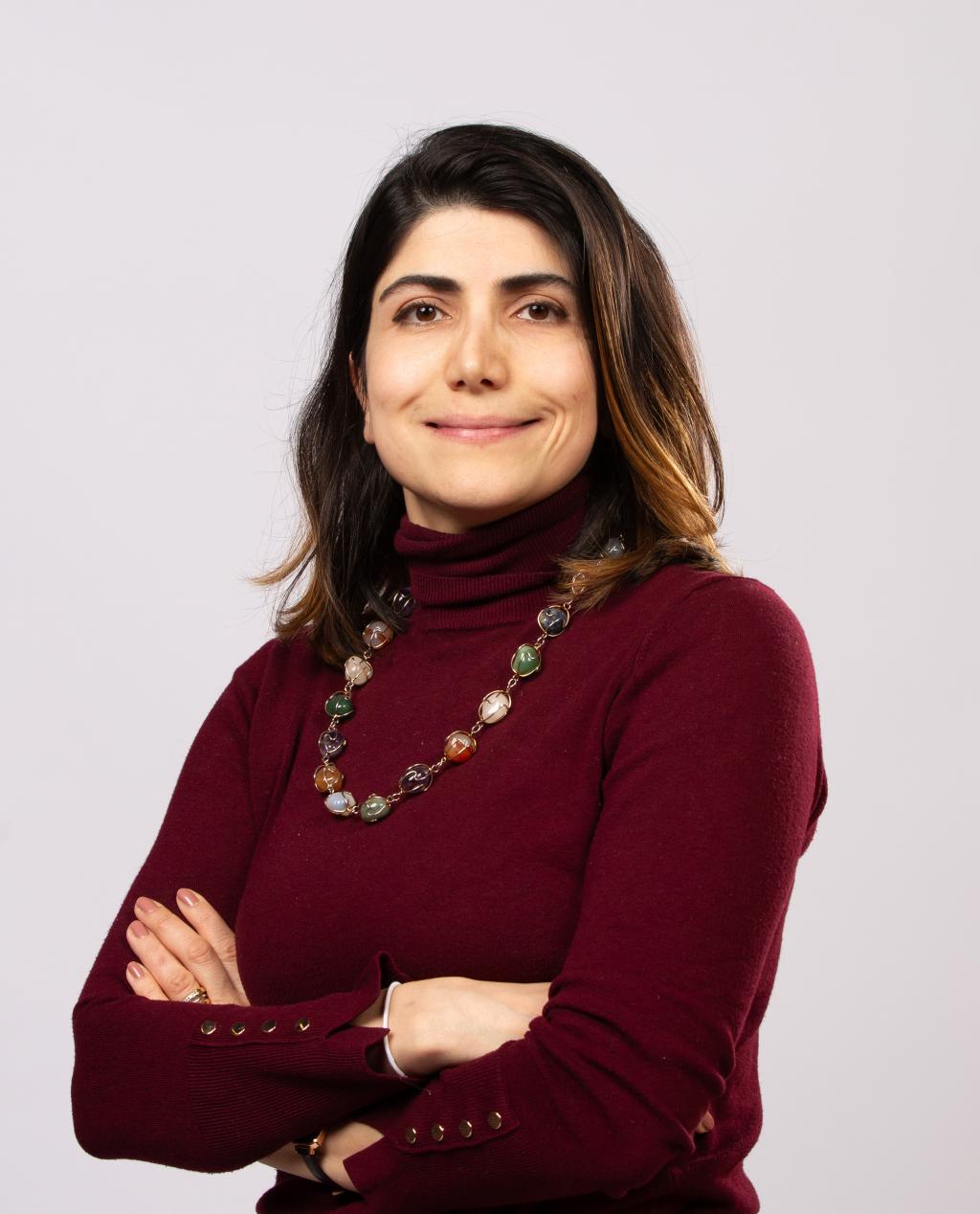By Mina Akhavan
RePortFlows | (Re)Connecting Maritime Ecosystems: Geospatial Mapping
of the ‘Spaces of Flows’ in Port-City Regions
Funded under
Marie Skłodowska-Curie Actions (MSCA) | 11/2022 – 10/2024
Grant agreement ID: 101066680 | EU contribution € 203 464,32
Coordinated by: Mina Akhavan and Carola Hein – TU Delft, Faculty of Architecture and the Built Environment
https://cordis.europa.eu/project/id/101066680
Short description of the project:
How can policy tools and actions facilitate the sustainable development of the port-city regions to mitigate negative externalities of port activities, improve logistics efficiency, and help a more sustainable integration of the port in the hinterland and urbanised spaces, also considering the aftermath of the Covid-19 pandemic?
Abundant discipline-oriented literature already exists on port geography and port city development. Yet, the question of facilitating sustainable port expansion and city development in a limited space remains unanswered. We need more in-depth exploration of how global flows running through maritime infrastructures reshape the built environment; to comprehend the impact and risk of port-related activities and logistics at the interface between ports, large industrial complexes, urban territories, and their neighbouring regions. The Western port city development model of the early 1960s is characterised by port activities moving away from their historic site (mainly the city centre). Seeking more space and deeper dredging, modern infrastructures developing in the outskirts introduce a new spatial scale: the ‘port region’, which encompasses a complex configuration of spaces in terms of commodity traffic, passenger activities, and network of actors (see Akhavan, 20201).
Here, it is worth noting the impact of the Covid-19 Pandemic on port-city-regions, as transport and logistics become crucial in such a crisis period for transiting essential goods such as food supplies, medicines, and medical devices. Hence, the European Commission has delayed the Green Deal, which called on the EU Member States to create a network of ports, with the slogan “Transport keeps us going”, recalling the existing one “, Transport is essential4all”. However, growing logistics and economic recovery plans may hinder environmental regulations and sustainable strategies. Public and private parties are using such excuses to escape investments in innovative solutions, and therefore sustainable development of port-city-regions is at significant risk.
In the RePortFlows project, the definition of the ‘port-city-region’ is inspired by considering cities and regions as increasingly dependent on and composed of complex networks, associations, and identities rather than fixed spatial territories marked by clear margins (Allen et al., 19982, Hein, 20193). Contemplating the current challenges, such as globalisation, climate change, migration, digitalisation, and the pandemic, I will investigate the spatial planning, transport and sustainability-related issues and questions in the two cases of Rotterdam and Genoa. This 2-year project includes four main Working Packages (WP). I will use interdisciplinary and context-specific definitions and typologies to understand port-city-regions while moving beyond traditional port-city studies (WP1 Glossary and taxonomy). I will apply multi-method and data-driven approaches – a mix of qualitative and quantitative methods – to map and analyse the ‘spaces of flows’ generated by different types of flows from the sea to the hinterland and vice versa (WP2 Atlas). Also, I will propose tailored policy tools to integrate the technical, transport and socio-economic potentials with the spatial and social realities (WP3 Toolbox). The findings and outcomes of this research will be communicated and disseminated, supporting open science practices (WP4).
1 Akhavan, M. (2020). Port Infrastructure Developments and Port-City Interface Dynamics. Springer International Publishing.
2 Allen, J. et al. (1998), Rethinking the Region. London: Routledge.
3 Carola Hein (2019) "Port-City-Regions in a Time of Transitions: Value Deliberations on Port City Futures," PORTUS: the online magazine of RETE, n.38,
November 2019, Year XIX, Venice, RETE Publisher, ISSN 2282-5789
About the speaker:
Dr Mina Akhavan is currently a Marie Sklodowska-Curie Research Fellow at TU Delft, Faculty of Architecture and the Built Environment. Her current project is (Re)Connecting Maritime Ecosystems: Geospatial Mapping of the ‘Spaces of Flows’ in Port-City Regions (RePortFlows) (2022-2024). She previously worked as a Postdoctoral Research Fellow and Adjunct Professor at Politecnico di Milano, where she earned her PhD in Spatial Planning and Urban Development (2015). Her research interests include port infrastructures, globalization trends, logistics networks, transnational urbanism, sharing economy, new emerging workplaces, gender issues, mobility, and ageing. She has published in several peer-reviewed journals and authored and co-edited several books. She is the author of Port Infrastructure Developments and Port-City Interface Dynamics (Springer, 2020) ; and co-editor of New workplaces - Location patterns, urban effects, and development trajectories (Springer, 2020) and European Narratives on Remote Working and Coworking During the COVID-19 Pandemic (Springer, 2023).


